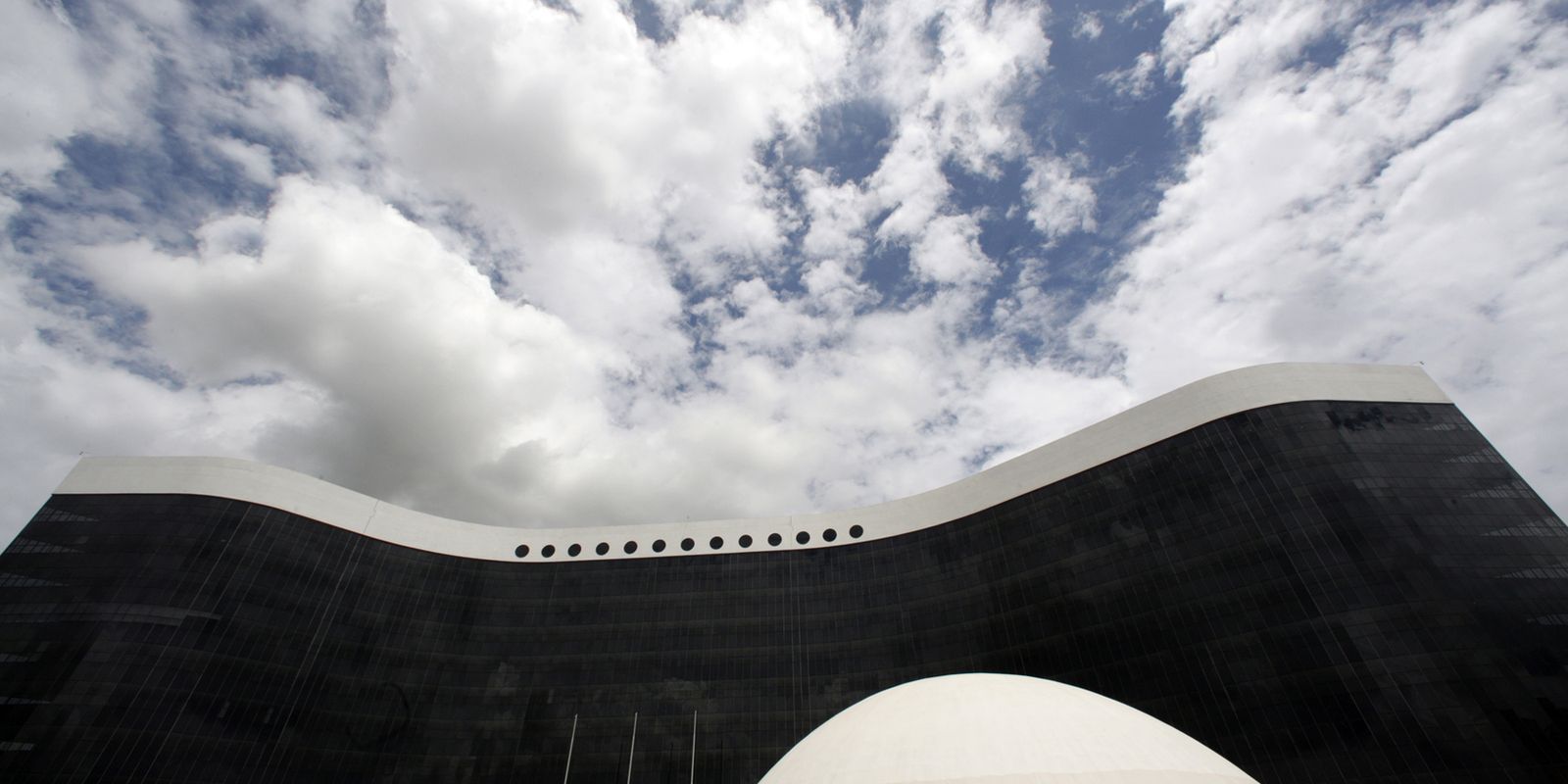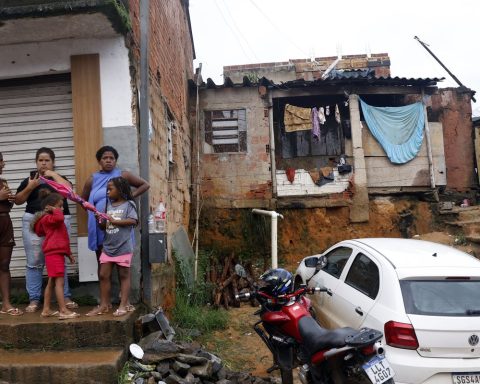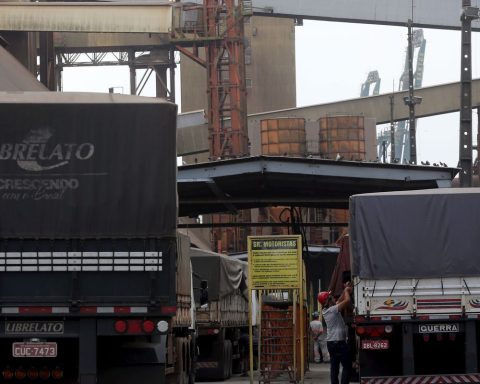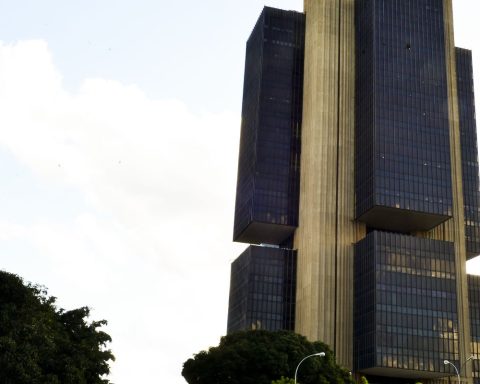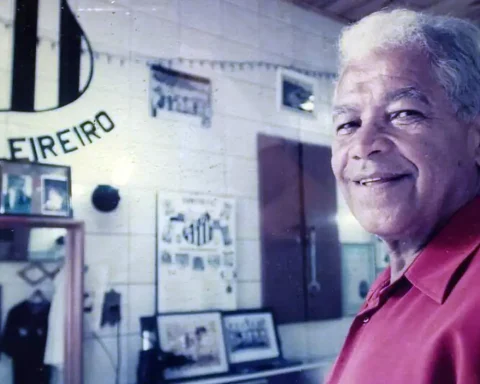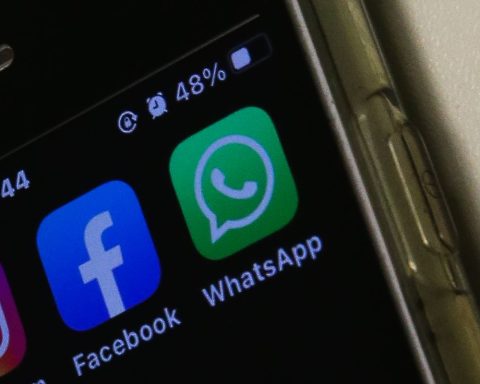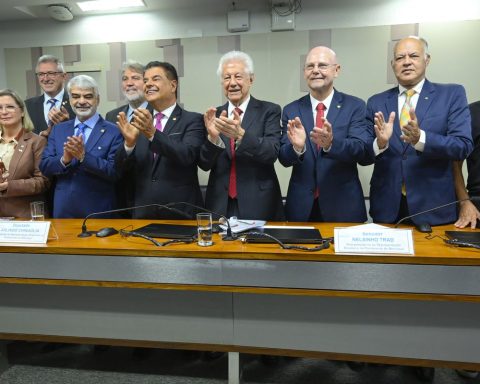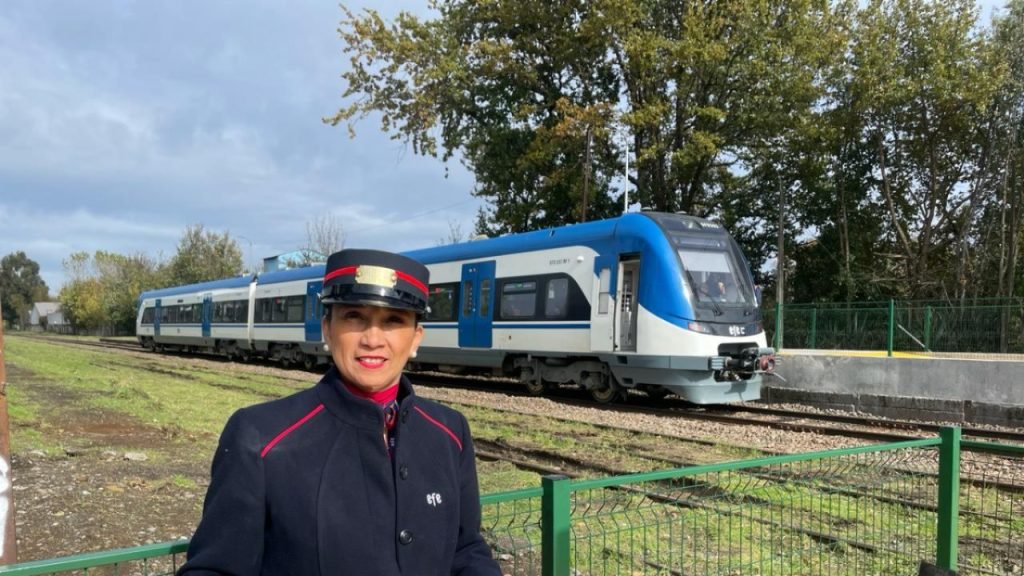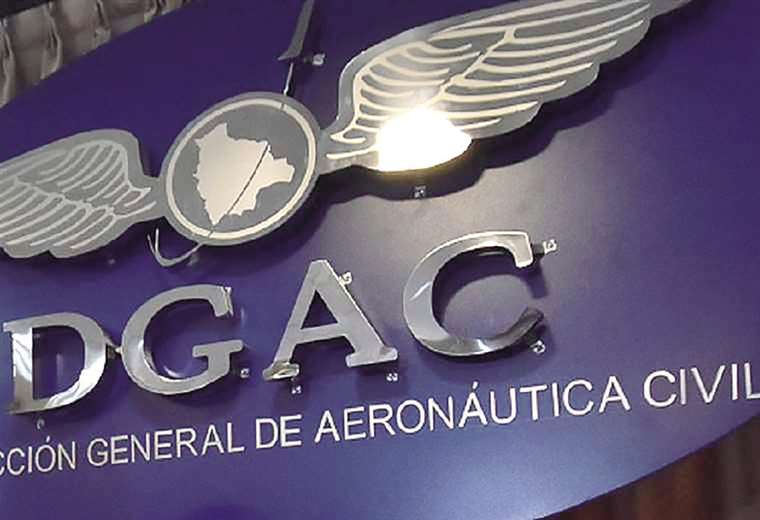The Superior Electoral Court (TSE) announced, this Thursday (18), in Brasília, the electorate eligible to go to the polls in the municipal elections next October. Brazil will have 155.9 million voters who will elect mayors, vice-mayors and councilors.
According to the court, the number represents an increase of 5.4% compared to the 2020 elections. In a press release, the president of the TSE, Minister Cármen Lúcia, declared that the increase in the electorate shows that elections in Brazil are democratic and auditable.
“The high number of voters confirms what has been demonstrated in Brazilian history, especially since the 1988 Brazilian Constitution and in the last 28 years in which the electronic voting system was developed, which is the benefit of free democratic elections, accurate in time, auditable in their process, transparent in their implementation, efficient in their results”, stated the minister.
The first round of elections will be held on October 6. The second round may be held on October 27 in municipalities with more than 200,000 voters, in which none of the candidates for mayor received more than half of the valid votes, excluding blank and void votes, in the first round.
The municipality of Borá, in the state of São Paulo, will have the lowest number of voters in October: 1,094 people will be eligible to vote. The city of São Paulo will have the largest electorate: 9.3 million. Rio de Janeiro will have 5 million voters.
Spending limit
The TSE also released this Thursday the campaign spending limit for the positions of mayor and city councilor. The limit was set by municipality and takes into account a minimum of R$100,000 for mayor and R$10,000 for city councilor.
In Borá, for example, candidates running for mayor will be able to spend R$159,000. Candidates running for city council will have R$15,900.
In São Paulo, candidates for the local Executive branch can spend R$67.2 million in the first round and R$26.9 million in the second. Those who intend to run for city council seats in the capital of São Paulo can spend R$4.7 million.
The resources will come from the Special Campaign Financing Fund (FEFC), public money earmarked for electoral campaigns. In this year’s election, parties will receive R$4.9 billion from the fund to finance their campaigns throughout the country.
*Article expanded at 9:14 pm to add information.
